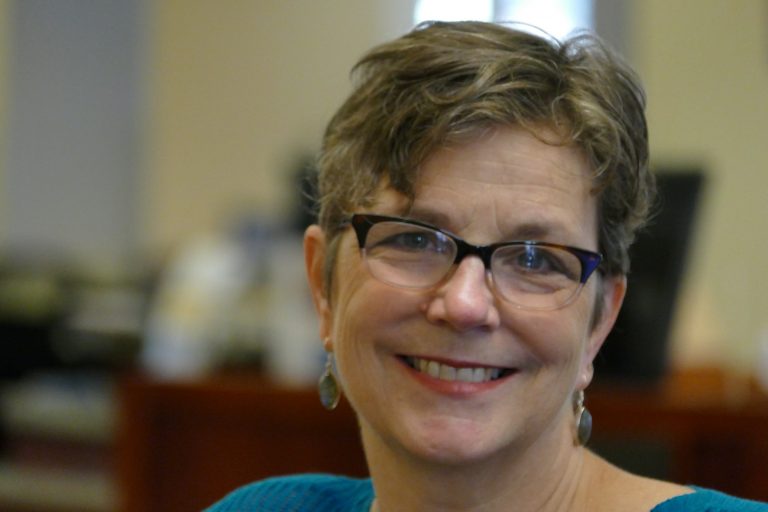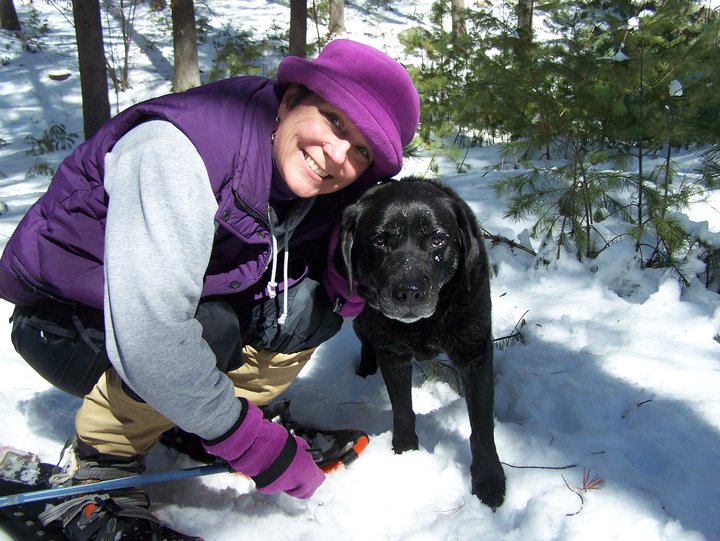Ecojustice Pedagogy:
A Conversation with Rebecca A. Martusewicz
I spoke with Prof. Martusewicz about her new book, A Pedagogy of Responsibility: Wendell Berry for Ecojustice Education, (Routledge, 2018). She draws inspiration for ecopedagogy from the life and writings of conservationist, novelist, essayist, poet activist Berry. In her teacher education classes Martusewicz works with students on developing a cultural-ecological analysis. Berry’s writings helped in understanding the systemic causes of the contradictions in the anthropocene. Using C.A. Bower’s concept of root metaphors: emancipated individualism, a linear view of progress, and anthropocentrism, Martusewicz shows how humans are implicated in climate change and ecological destruction. Using Berry’s writings, especially his poetry and essays, she shows how to rebuild relationships back to wholeness.
In Part 2 of our conversation Martusewicz moves from root metaphors and their destructive, patriarchal force. With Wendell Berry she shows us how to write a better story to create a different world. For example, she discusses her pedagogical style of having a conversation with her students about how to teach a subject (such as, math) to calculate the cost of settler colonialism. Martusewicz (and Bowers before her) critiques Freire for relying too much on these roots metaphors, with the human remaining central in his theory. She wants to be in and of the ecological as a way to critique the direction of higher education toward neoliberal capitalism (and a business model of students as consumers) and offers a way to return to values and to being caretakers of the earth.
**Theme and interstitial music for Nothing Never Happens is performed by Aviva & the Flying Penguins and Lance Eric Haugan, written and arranged by Lance Eric Haugan.
**Additional altro music is by Paul Myhre and Mike Shelton, “Written” (2019). Their music can be found of reverbnation.com
about our guest/s
Rebecca Martusewicz (pronounced: marta-savage) is Professor of Social Foundations and Community Education in the Department of Teacher Education at Eastern Michigan University. She was a founder and director of the Southeast Michigan Stewarship (SEMIS) Coalition, developing “citizen stewards of the Great Lakes.”
resources
Wendell Berry. It All Turns on Affection: The Jefferson Lecture and Other Essays. Counterpoint, 2012.
_____. The Hidden Wound. New York: Counterpoint, 2010.
_____. “The Body and the Earth.”
https://pages.stolaf.edu/wp-content/uploads/sites/421/2014/08/Berry-BodyEarth-1.pdf
_____. “Two Economies.” http://www.worldwisdom.com/public/viewpdf/default.aspx?article-title=Two_Economies_by_Wendell_Berry.pdf
C.A. Bowers. Ideological, Cultural, and Linguistic Roots of Educational Reforms to Address the Ecological Crisis: The Selected Works of C.A. (Chet) Bowers. Routledge, 2018.
_____. “Toward an Eco-Justice Pedagogy.” Environmental Education Research. 8/1 (Feb. 2002): 21-34.
_____. Educating for Eco-Justice and Community. Athens, GA: University of Georgia Press, 2001.
C.A. Bowers and Frėdėrique Apffel-Marglin, eds. Re-Thinking Freire: Globalization and the Environmental Crisis. Routledge, 2005.
Raisa Foster, Jussi Mäkelä, and Rebecca A. Martusewicz, eds. Art, Ecojustice and Education: Intersecting Theories and Practices. Routledge, 2019.
Rebecca A. Martusewicz. A Pedagogy of Responsibility: Wendell Berry for Ecojustice Education. Routledge, 2018.
R. A. Martusewicz, Jeff Edmundson, and John Lupinacci, eds. Ecojustice Education: Towards Diverse, Democratic, and Sustainable Communities. Second Edition. New York: Routledge, 2011.
Carol Merchant, The Death of Nature. San Francisco: Harper & Row, 1980.
Valerie Plumwood. Feminism and the Mastery of Nature. Routledge, 2015.
Websites:
Foundation for Deep Ecology: http://www.deepecology.org/

